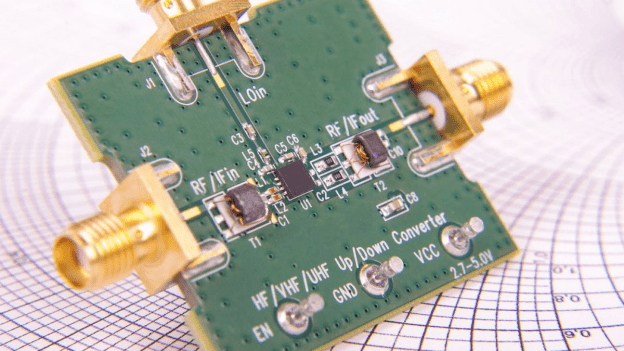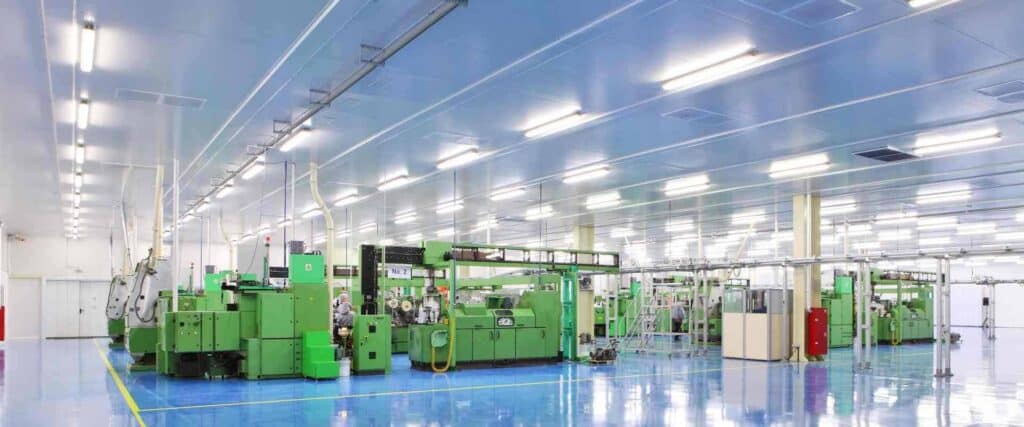Brass electrical components are a crucial part of many electrical systems. Brass is a popular choice for electrical components because it is an excellent conductor of electricity and has good corrosion resistance. Brass is also a durable material that can withstand high temperatures and harsh environments.
Brass electrical components are used in a variety of applications, including automotive, aerospace, and industrial applications. Some common brass electrical components include connectors, terminals, switches, and sockets. These components are used to connect wires and cables, control electrical circuits, and provide power to electrical devices.
Brass electrical components are available in a range of sizes and shapes to meet the needs of different applications. They can be customized to fit specific requirements, such as high current capacity or low resistance. Brass electrical components are also easy to work with, making them a popular choice for DIY projects and small-scale manufacturing.

Overview of Brass Electrical Components
Brass is a popular material for electrical components due to its excellent electrical conductivity, durability, and resistance to corrosion. Brass is an alloy of copper and zinc, and its electrical properties make it an ideal choice for a wide range of electrical applications.
Brass electrical components are commonly used in electrical wiring and circuitry, as well as in switches, connectors, and other electrical devices. Brass is often used in electrical components due to its ability to conduct electricity efficiently and its resistance to corrosion.
In addition to its electrical properties, brass is also valued for its durability and strength. Brass components are able to withstand high temperatures and pressures, making them ideal for use in harsh environments.
Brass electrical components are available in a variety of shapes and sizes, including rods, bars, plates, and sheets. These components can be easily machined and formed into complex shapes, making them ideal for use in a wide range of electrical applications.
Overall, brass electrical components are a reliable and cost-effective choice for a wide range of electrical applications. With their excellent electrical conductivity, durability, and resistance to corrosion, brass components are an essential part of many electrical systems.
Types of Brass Electrical Components
Brass is a popular material for electrical components due to its excellent electrical conductivity, corrosion resistance, and durability. Here are some of the most common types of brass electrical components:
Connectors
Brass connectors are used to join two or more electrical circuits or components together. They come in various shapes and sizes, including straight, elbow, tee, and flange connectors. Brass connectors are often used in automotive, marine, and aerospace applications due to their high strength and resistance to vibration and shock.
Terminals
Brass terminals are used to connect wires to electrical components or devices. They come in various types, including ring, spade, bullet, and pin terminals. Brass terminals are often used in automotive, industrial, and consumer electronics applications due to their excellent conductivity and corrosion resistance.
Switches
Brass switches are used to control the flow of electricity in a circuit. They come in various types, including toggle, rocker, push-button, and rotary switches. Brass switches are often used in industrial, automotive, and consumer electronics applications due to their high durability and reliability.
Fuses
Brass fuses are used to protect electrical circuits from overloading or short-circuiting. They come in various types, including cartridge, blade, and plug fuses. Brass fuses are often used in automotive, marine, and industrial applications due to their high melting point and resistance to corrosion.
In conclusion, brass electrical components are widely used in various industries due to their excellent electrical properties and durability. From connectors to fuses, brass components are essential for ensuring the safe and reliable operation of electrical systems.
Properties of Brass Electrical Components

Conductivity
Brass is a highly conductive alloy that is commonly used in electrical components. Its electrical conductivity is about 28% IACS (International Annealed Copper Standard), which is lower than that of copper but higher than that of steel. Brass’s conductivity makes it an ideal material for electrical contacts, connectors, and other components that require low resistance.
Corrosion Resistance
One of the key advantages of brass for electrical components is its excellent corrosion resistance. Brass is highly resistant to corrosion and tarnishing, which makes it ideal for use in harsh environments. It is also resistant to stress corrosion cracking, which is a common problem in other materials used for electrical components.
Durability
Brass is a strong and durable material that can withstand a wide range of environmental conditions. It is resistant to wear and tear, and it can withstand high temperatures and pressures. Brass is also easy to machine and can be formed into a wide range of shapes and sizes, which makes it ideal for a variety of electrical components.
In summary, brass is an excellent material for electrical components due to its high conductivity, excellent corrosion resistance, and durability. Its ability to be machined and formed into various shapes and sizes makes it an ideal choice for a wide range of applications.
Applications of Brass Electrical Components

Brass is a popular material for electrical components due to its excellent electrical conductivity, durability, and corrosion resistance. It is commonly used in a variety of industries, including the automotive, aerospace, and electronics industries.
Automotive Industry
In the automotive industry, brass electrical components are commonly used in various applications, such as:
- Wiring harnesses
- Connectors
- Terminals
- Switches
- Fuse holders
Brass is an ideal material for these applications because it is resistant to vibration, heat, and corrosion, which are common challenges in the automotive environment.
Aerospace Industry
The aerospace industry also relies heavily on brass electrical components for various applications, such as:
- Avionics systems
- Electrical connectors
- Grounding straps
- Terminal blocks
- Circuit breakers
Brass is an excellent material for these applications because it is lightweight, strong, and can withstand extreme temperatures and harsh environments.
Electronics Industry
Brass electrical components are also widely used in the electronics industry, including:
- Printed circuit boards (PCBs)
- Connectors
- Switches
- Terminals
- Battery contacts
Brass is an ideal material for these applications because it is easy to machine, has excellent electrical conductivity, and is resistant to corrosion and oxidation.
Overall, brass electrical components are an essential part of many industries, providing reliable and durable solutions for a wide range of applications.

